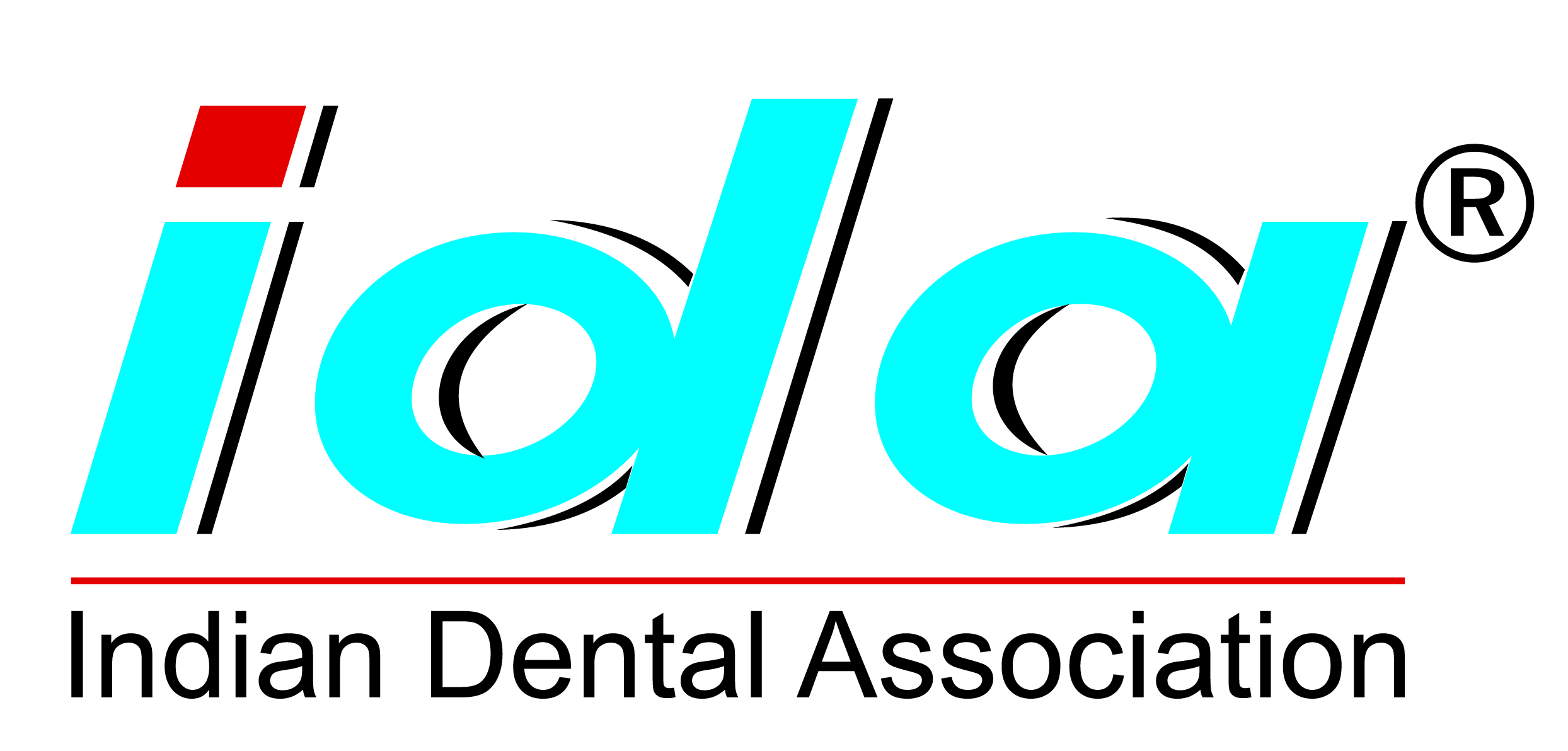The dental profession offers a variety of practice options. The dentist may choose
general dentistry or dental specialties. He / she may establish his / her own private
practice or work as an employed dentist for another dentist or a public or private
agency or institution. The dentist may choose solo or group practice or work with
other health professionals. Career opportunities are also available in the armed
forces. Some dentists serve as administrators or public health practitioners. Dental
research or education offers further career opportunities to dentists.
Mostly dentists work as general practitioners- restoring damaged or missing tooth
and provide preventative oral health care.
After getting a dental degree one can opt for specialisation in a field which requires
3 or 4 years of additional study and training. The following outlines the dental
specialties:
- Dental Public Health treats the community rather than the individual as a patient.
- Endodontics deals with the causes, diagnosis, prevention and treatment of diseases
of the pulp and other dental tissues.
- Oral Pathology is concerned with diseases which affect the oral mucous membranes
as well as other tissues which surround the teeth.
- Oral Surgery includes diagnostic, operative and related services dealing with diseases,
injuries and jaw defects and of associated structures.
- Orthodontics is the science of tooth and oral structure development. The orthodontist
treats problems related to irregular dental development, missing teeth and other
abnormalities in order to establish normal functioning and appearance.
- Paediatric Dentistry deals with the diagnosis and treatment of children, adolescents
and young adults whose dental development is not complete.
- Periodontics deals with the treatment of the soft and hard tissues.
- Prosthodontics is the science and art of replacing missing natural teeth and associated
structures with fixed or removable substitutes.
- Oral Medicine & Radiology deals with various drugs that treat the oral and related
disorders/diseases inclusive of the study of the diseases. Radiology is the study
of the X rays and other diagnostic techniques using radiation, for the study of
dental, oral and related disorders.
Private practice in solo mode, implies starting from "scratch" with a small staff.
- Strict autonomy: You are the boss, it's your call to undertake financial risks and
make decisions. There is no loss of identity in a private practice, that you may
face in a partnership, group or merger.
- Timings: You can work as per your convenience.
- Income: There is no income security. There is a initial "lull" period till the dentist
name is established.
- Skills: Dentistry requires diagnostic ability and manual skills. Dentists should
have good visual memory; excellent judgment regarding space, shape and colour; a
high degree of manual dexterity and scientific ability. Good business sense, self-
discipline and good communication skills are must for success.
- Role: Dentists in private practice oversee a variety of administrative tasks, including
book-keeping and the buying of equipment and supplies. They may employ and supervise
dental assistants, technicians and receptionists.
A dentist on hire by an organisation with or without practice becomes an associate
employee of the institution. The job involves diagnosing and treating patients assigned
to him during the tenure. The employer is solely responsible for the payment, policies,
etc. to the individual.
The individual is treated as any other employee in the institution. The associate
employee has no authority into decision making of any kind. He has to abide by the
rules and regulations.This may be a contract for a time-duration. The associate
is not entitled to any employee benefits or retirement policies of any kind. It
is crucial for an individual to prepare a legal document before becoming an associate
employee.
Dental practice in a hospital is regarded as institutional practice. It is generally
termed as a ‘9-5 job’. A dentist earns a specific income from the very first month
of practice. He has no financial risks nor requires capital investments. Institutional
practitioners are also entitled to various employee benefits including retirement
plans.
The dentist is an employee of the institution and has no involvement in decision
making. In a government job one may earn less salary than the one at institution,
but has job- security. The dentists has no control over patient care or organisational
goals. One must be prepared for transfers to remote and extreme locations.





